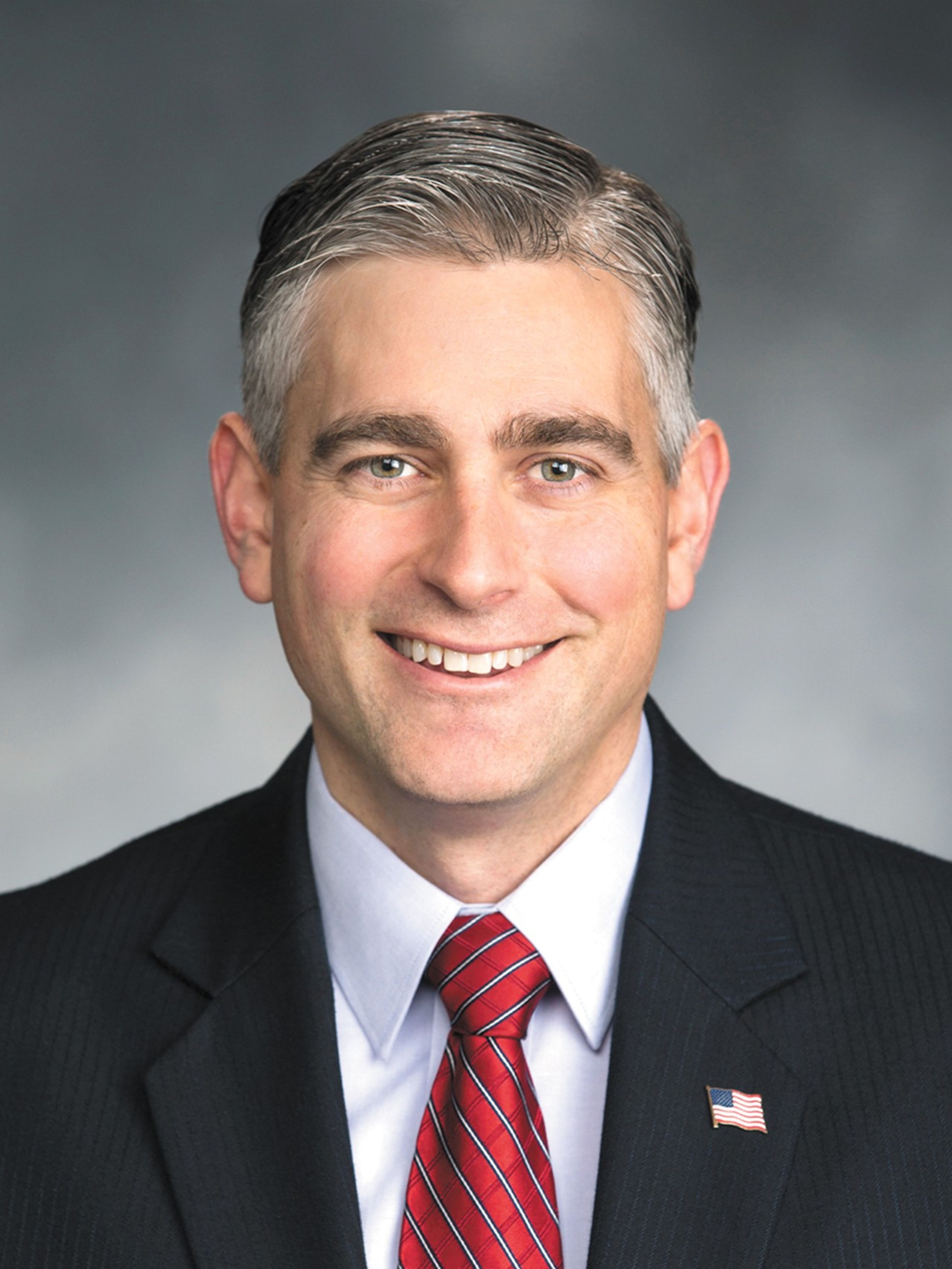Tuition rises at Idaho’s state universities
Schools criticize Legislature while getting OK for first increases in three years
Idaho’s state universities are set to see tuition increases for the first time in three years.
The State Board of Education on Monday approved 5% tuition and fee increases for resident undergraduates at the state’s largest four-year institutions: Boise State University, University of Idaho and Idaho State University. Lewis-Clark State College will see a 5.6% increase.
The board also approved raises of around 5% for those schools’ presidents.
During presentations to the board Monday morning, university officials said the decision to raise tuition weighed heavily on them but that inflation costs and underfunding from the state Legislature made the move necessary.
“I know I lost a fair amount of sleep balancing my fiduciary duty to the finances of the institution and my fiduciary duty for access and affordability of our students to get their education,” ISU President Kevin Satterlee said. “When I say I lost sleep, that’s not hyperbole and it’s not a throwaway line. It’s literally losing sleep over what to do with this request.”
Satterlee’s sentiment was echoed by all the colleges’ leaders, who presented their proposals to raise tuition after they’d been frozen since 2019.
BOISE STATE
BSU President Marlene Tromp highlighted efforts to cut budgets and reorganize to constrain budgets, but they haven’t been enough. Tuition and fees make up a greater percentage of the BSU’s budget than they do at the state’s other higher-education institutions.
Associate Vice President for Finance Jo Ellen DiNucci said it would be “financially irresponsible” to not raise tuition this year.
“Boise State is already pretty efficient and we continue to look for ways to be more efficient without impacting service, but frankly, at this point, service levels would need to be impacted if we weren’t able to raise our tuition and fees,” DiNucci said.
BSU’s tuition and fees for in-state undergraduate students in fiscal year 2024 will total $8,782 per year.
The tuition increase is expected to generate nearly $6.9 million in revenue, which will go toward state-underfunded changes in employee compensation, DiNucci said. The university has absorbed over $10 million in pay increases and improvements to benefits that were approved by the Legislature but not fully funded by the state, she said.
The school’s Budget and Fee Committee also approved student union and campus recreation fee increases; these fees will offset inflationary increases, primarily in student employee salaries, according to the budget presentation.
UNIVERSITY OF IDAHO
Most of the increased revenue at the University of Idaho will also go toward increases in employee compensation, known as CEC, and benefits. Annual tuition and fees for in-state undergrads at UI in fiscal year 2024 will be $8,816
More than 80% of revenue increases are related to changes in employee compensation and benefits, said Brian Foisy, vice president for UI’s Division of Finance and Administration. The tuition increase is expected to generate around $2.7 million in revenue and $1.5 million will go toward CEC. The rest will go toward utilities, benefits and inflation.
UI President C. Scott Green said because of efficiency gains the school has made in its budget, its financial position isn’t as dire as some of the other institutions. But it’s still being impacted by not receiving enough state general funds this legislative session to cover CEC.
“We have to have it to pay our people, ” Green said.
IDAHO STATE
ISU’s financial situation wasn’t as stable. Satterlee said it was facing a significant year-over-year deficit. He had said when he made his budget request to the state budget writers in January that the proposed funding wouldn’t cover its fixed costs and would result in a deficit.
The 5% increase won’t fully cover all the shortfalls, but the school’s leadership wanted to be “mindful of the impact raising tuition has on our students,” he said.
ISU’s yearly tuition and fees will increase to $8,356.
LEWIS-CLARK STATE
At Lewis-Clark State College, the cuts the smallest institution had to make the past couple of years to balance its budget worked, but aren’t sustainable, said LCSC President Cynthia Pemberton.
She said the college has cut its budget by 13% in recent years.
“That resizing — I’m not going to say rightsizing because we got too small — that resizing did put us in a relatively stable position financially moving forward,” Pemberton said.
The college faces the same budget pressures on personnel costs, unfunded mandates and inflation as well as needs for cybersecurity to stay compliant with federal requirements, Pemberton said.
Julie Crea, vice president for finance and administration, said the cuts are now creating issues. She said the staff is experiencing high burnout rates and subsequently high turnover because workloads have shifted to fewer employees.
From fiscal year 2019 to 2022, annual turnover of classified staff went from 14% to 32%. Professional staff turnover increased from 11% to 20%
“We have reorganized, we’ve combined, we’ve condensed, we’ve combined services as much as possible but, frankly, we are just too lean at this point,” Crea said.
Annual tuition and fees will increase to $7,388.
Of the 5.6% increase, 3.83% will go to CEC, health insurance improvements and other benefits, Crea said. Around 1% will go toward inflationary adjustments and 0.38% in technology increases and contracts.
The board voted unanimously to approve all the requested tuition and fee increases.
Board member Cally Roach said ahead of the vote that she struggled with the idea of raising tuition because she knows the hardship it can bring on students, but she highlighted the options young people in Idaho have to make it more affordable, such as pursuing community college first or getting credits in high school through dual enrollment.
She said during the period when tuition remained flat, inflation rose nearly 20%.
“It is important to have a strong educational system and we hopefully will support that system today by providing these increases,” Roach said.
The board also unanimously approved pay increases for the presidents of all four institutions. UI’s Green will earn an annual salary of $465,234, BSU’s Tromp will receive $459,666, ISU’s Satterlee will take home $441,000 and LCSC’s Pemberton will get $288,750.
These rates were chosen during an executive session and were voted on without discussion.
Guido covers Idaho politics for the Lewiston Tribune, Moscow-Pullman Daily News and Idaho Press of Nampa. She may be contacted at lguido@idahopress.com and can be found on Twitter @EyeOnBoiseGuido.









